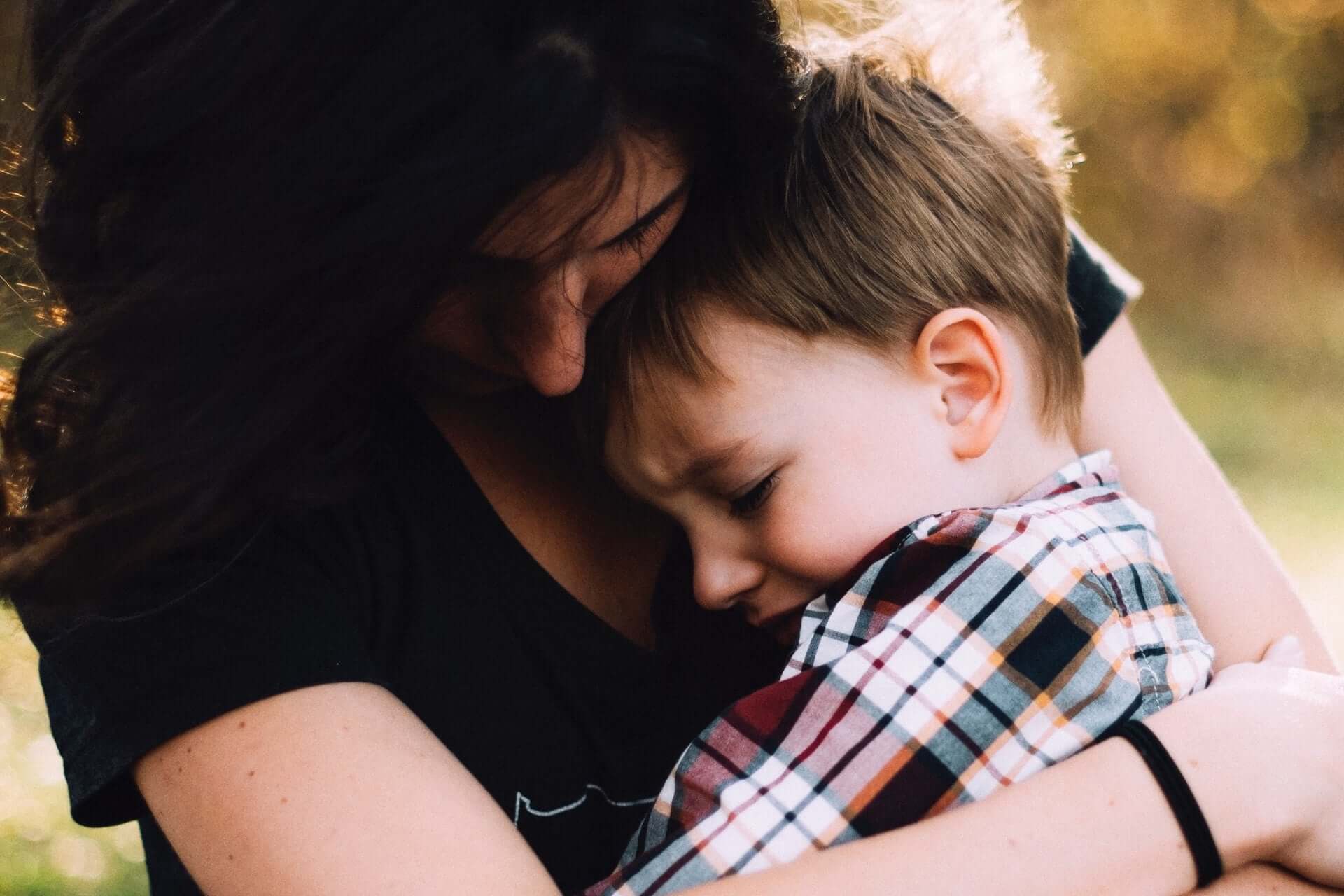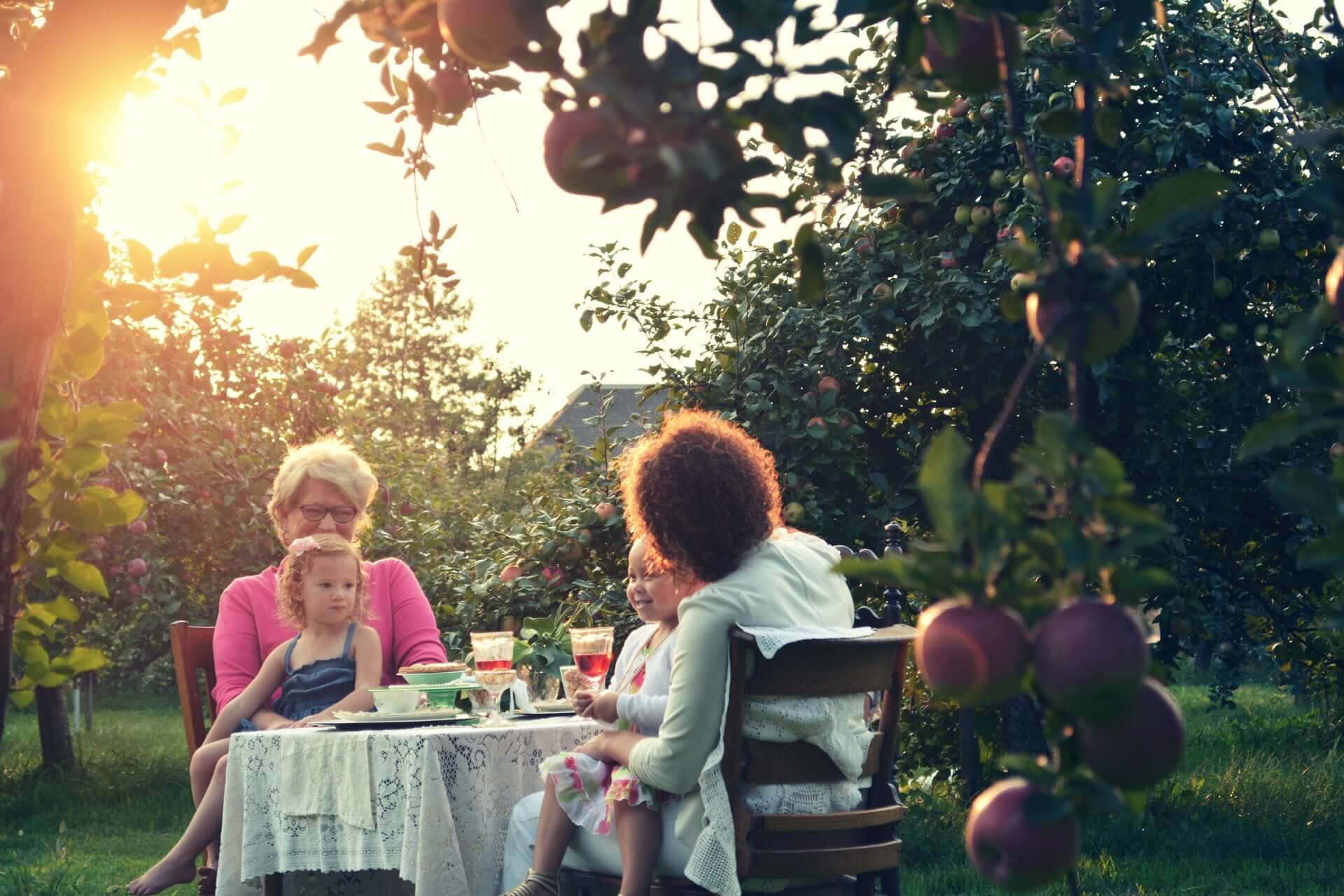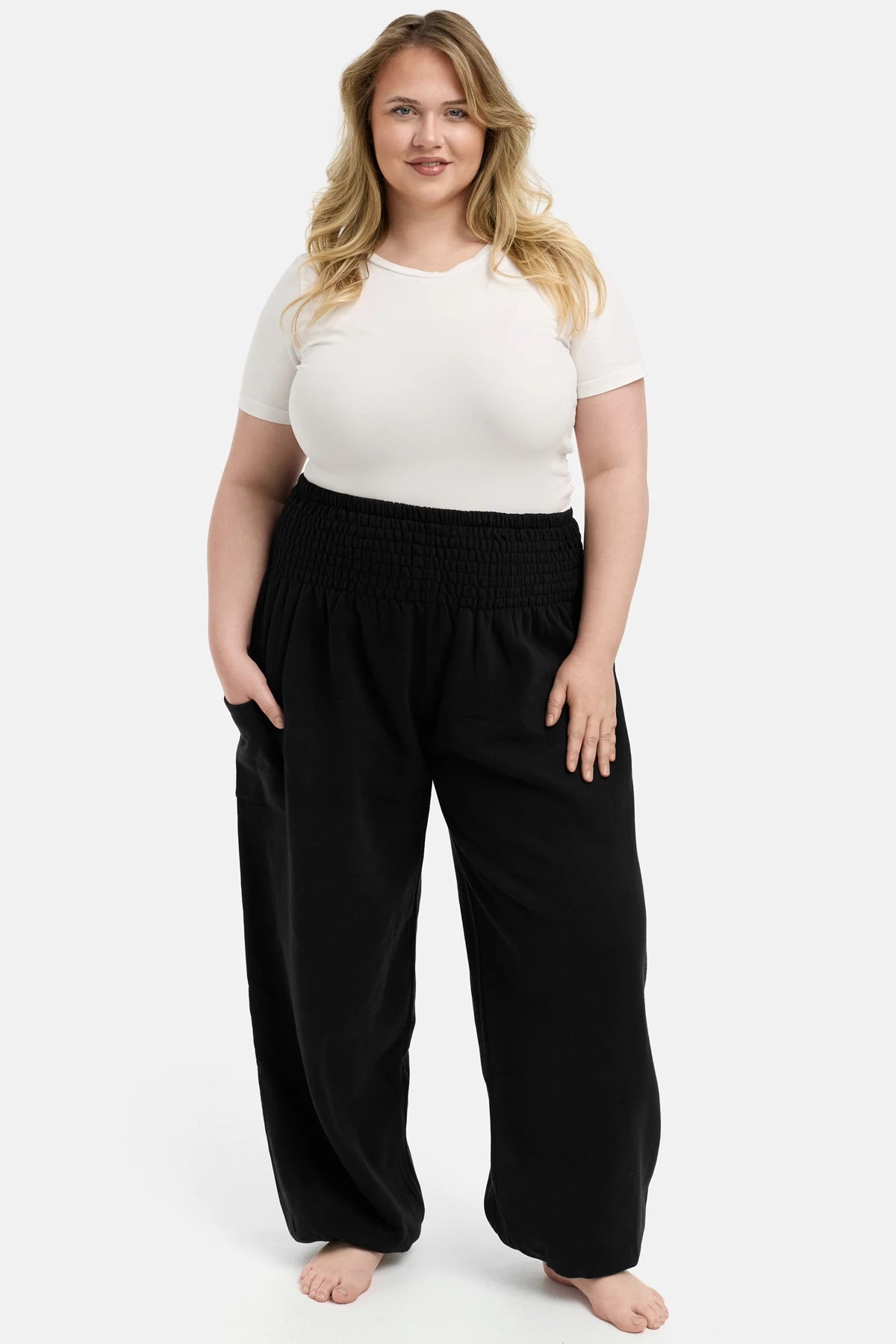
Table of contents
"Love me most when I least deserve it, because that's when I need it most."
Quote from Helen Keller.
"My daughter (8) is freaking out."
Another day where I wonder what I did wrong. What's more, I'm sure I just did everything wrong. She acts like her family is the worst in the world. She beats her brother until she tears, manipulates me to death, looks at me in an unabashedly cheeky way and says things like “I don’t begrudge you peace and quiet”.
My daughter often behaves according to an inner motto that tells her to punish everything around her when she doesn't feel good. She knows exactly what buttons to push to make it hurt, how to win an argument, and how to make me feel insecure.
Too often it happens that I don't take action in time and take what my daughter says to me personally. Or I'm already so exhausted and distracted from the day because there's so much buzzing around in my head that one of their mean things hits me like a jab. Even though I know it's a child. Although I know it has nothing to do with me at its core.
On the other hand – it has everything to do with me. Whatever my daughter shows me is a reflection of what is inside me. If I don't spread a loving atmosphere, I experience this directly in my child's behavior. She defends herself loudly and vehemently against what is not good for her. Yes, as a mother, this is the level at which I should take her behavior personally.
Children's rebellious behavior always shows a need at its core. When they act loudly and provocatively, we can ask ourselves: What does the child need right now? What is it really about? It's like with us adults: it's never about the superficial object of anger.
We are all children inside
The core of the conflict is not that the child doesn't want to eat the broccoli. There is so much more behind the refusal.
I remember driving my parents to distraction by deliberately circumventing any rules. When there was an argument with my mother and all she asked for was a few minutes of peace, I disturbed her every minute to get my way.
It wasn't until years later that I realized that this process was, at its core, about something much deeper. I wanted to restore the relationship that had been affected by the argument. Of course it was important to me that I got what I wanted. But at my core, I longed for my mother to see me. I think she sees me correctly. That she becomes aware of who I am by taking my wish seriously and recognizing me in it. I wanted to be recognized - and loved for who I am.
I also realize that even today, as an adult, I repeatedly find myself following old patterns that date back to my childhood - in close relationships, for a long time, I unconsciously behaved in ways that were sometimes impossible. It only became clear to me afterwards - something in me, the child that wasn't sure whether he was lovable, wanted to test whether the love of the other person was really unconditional. Am I accepted regardless of my behavior? Do my parents only love me if I am always well-behaved and well-adjusted? How far can I go before the patience of others – on whose favor I was largely dependent as a child – runs out?
There may be an unconscious belief behind it, for example: I am not completely lovable. At some point they see who I really am and then they turn away from me. You'll see!
What helps?
And the actual or inner child behaves exactly according to this model and thus provokes the behavior on the outside that it secretly expects.
This is just one possibility of what could be going on inside the little person in such a delicate situation - but it is a common scenario.
What can help now?
If we put ourselves deeply into it, we know: Love alone, which unconditionally shows again and again that I am safe and trustworthy as a parent, can dissolve such beliefs. As the young person grows older, they will become more and more responsible for themselves and will learn that their value does not depend on the opinions of others - but in childhood it is up to us to sow this valuable seed in order to give our children a good start in the future.
By the way, it's completely normal for the little ones to test us. They want to feel us, feel themselves and discover their world – cause and effect are extremely exciting phenomena! A friend's daughter once said to her when she didn't get something she wanted: You are the most unloving mother I know. You don't care about us at all and you don't care about us at all! This mother is at home full-time and only cares for her children of her own choosing.
There was certainly something going on with this child on several levels, but it may also have been simply: Hey, you're annoying me, I'm annoying you. I want to experience what it's like to be able to act.
And you?
We should know: It is not our job to be our children's best friends. Being a buddy is not one of the aspects that convey to our children that they can rely on us and that they are loved.
It is our job to be a safe place for them. We offer this through a clear framework, unconditional love, visible rules and boundaries, but also our undivided presence, our listening and taking their deeper needs seriously.
Knowing this can relieve you enormously. You don't have to do everything to please your offspring. That's not what he needs. It's also about your well-being in the relationship.
So when your child freaks out again, remember that it's a chance to love them more and deeper once again. Even if you don't have to tolerate the child treating you disrespectfully - the deeper message has reached you. And maybe you'll hug one more time.
If you would like to learn more about healthy eating, mindfulness or sustainability, Check out more exciting blog articles on these topics here.




























Leave a comment
This site is protected by hCaptcha and the hCaptcha Privacy Policy and Terms of Service apply.